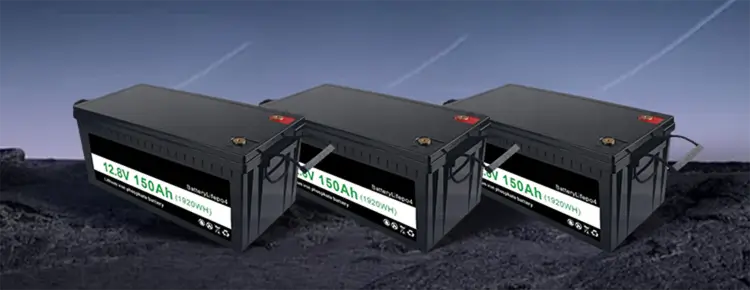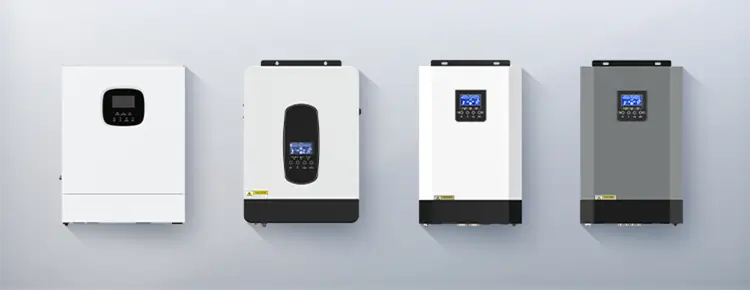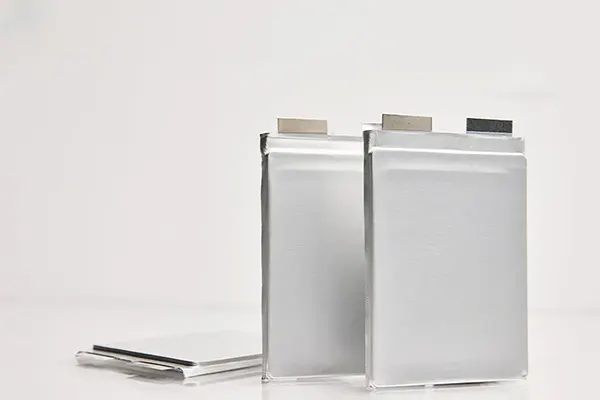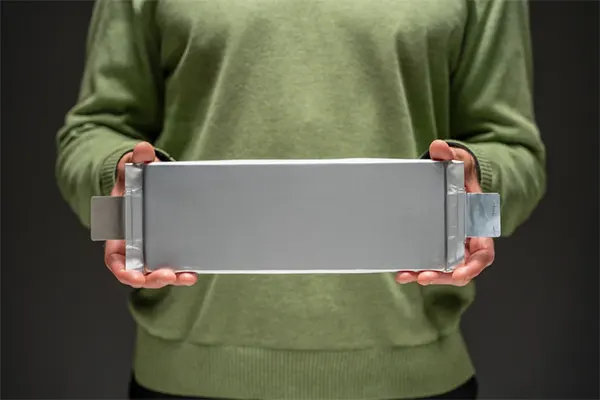



Blog
Hot Category
Latest Blog
09 Dec 2024
Eli
Solid-state batteries refer to lithium batteries that use solid electrolytes instead of traditional electrolyte liquids. They can be divided into semi-solid-state batteries and all-solid-state batteries according to the amount of solid electrolyte used. Usually, we classify batteries with a liquid content of more than 10% as liquid batteries, batteries with a liquid content of 5%-10% as semi-solid-state batteries, and all-solid-state batteries have a liquid content of 0%.
Solid-state batteries are a new type of battery technology. Unlike the lithium-ion batteries and lithium-ion polymer batteries commonly used today, they are characterized by the use of solid electrodes and solid electrolytes. The principle of solid-state batteries is similar to that of traditional lithium-ion batteries, except for the type of electrolyte used to transfer ions between electrodes. Lithium-ion batteries use liquid electrolytes, while solid-state batteries use solid electrolytes. All-solid-state batteries eliminate the original liquid electrolytes and use oxides, sulfides, polymers, etc. as solid electrolytes, which can give solid-state batteries good mechanical properties and chemical stability. From the perspective of application areas, solid-state batteries are considered to be ideal for electric vehicles because they can provide longer driving range and faster charging speeds.

1. Safety: Solid-state batteries use solid electrolytes instead of liquid electrolytes, which fundamentally eliminates the risk of leakage and volatilization. In addition, solid-state batteries have higher thermal stability and mechanical strength, and can maintain stable performance over a wider temperature range. If lithium batteries are improperly operated or encounter extreme conditions, thermal runaway, spontaneous combustion and other accidents may occur.
2. Energy density: In theory, solid-state batteries can achieve higher energy density than lithium batteries. Due to the use of solid-state electrolytes, solid-state batteries can be matched with positive and negative electrode materials with higher energy density, such as silicon-based negative electrodes, lithium-rich positive electrodes, etc.
3. Charging speed: The charging speed of lithium batteries is limited by their internal structure and chemical properties, while the structural characteristics of solid-state batteries support faster charging rates. Because solid-state electrolytes have higher ionic conductivity, they can accelerate the transmission and diffusion process of lithium ions. According to research, solid-state batteries can complete the charging process in a few minutes.

In general, as a new type of battery technology, solid-state batteries have shown broad application prospects in some fields such as electric vehicles and electronic devices due to their advantages such as high energy density, good safety and high mechanical strength. With the continuous advancement of technology and the advancement of industrialization, solid-state batteries are expected to become one of the mainstream battery technologies in the future.